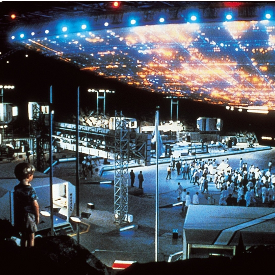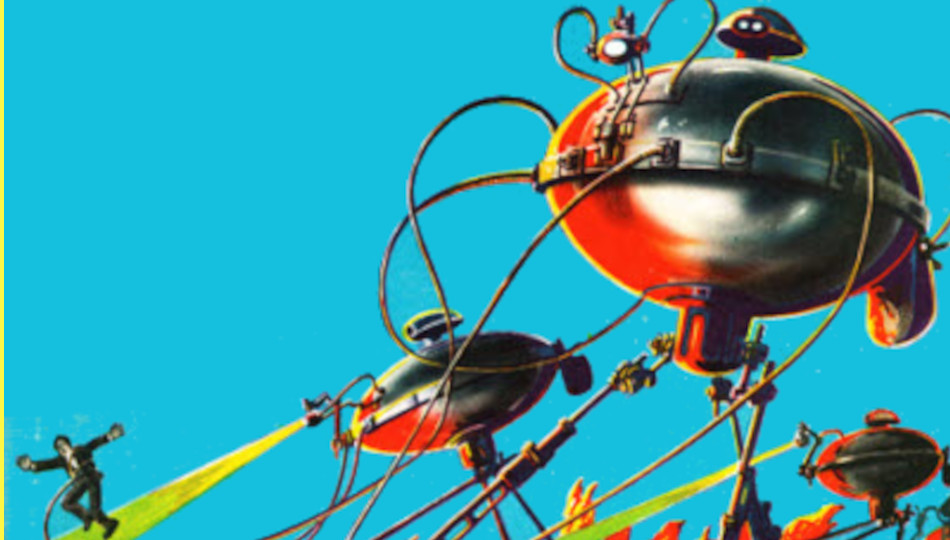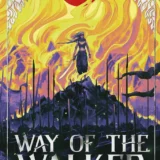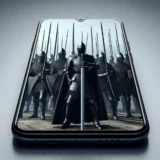
Today — finally! — we tackle the actual meaning of life! No one has ever done this before in the history of the world! Or, perhaps, no one has done it quite like S.B. Divya is doing here, in this Big Idea for her novel Meru.
S.B. DIVYA:
What if consciousness is a fundamental property of the universe, like mass or spin? This is the question posed by a branch of philosophy called panpsychism, and I first came across it while listening to Philip Goff on the Mindscape podcast. I was instantly fascinated by the idea.
I began college as a physics major (as did half the incoming undergraduate class at Caltech), but after a couple years, I decided to shift away from the cosmic unknowns to a more local mystery: the brain. I ended up designing my own major with the computational neuroscience department, and one of my advisors was Christof Koch, who has written multiple books on the topic of consciousness. Needless to say, it’s a topic that fascinated me then and continues to do so today.
Panpsychism the way Philip Goff sees it lies at the perfect intersection of physics and the mind–in other words, catnip for someone with my interests. Can we build a systematic model of the universe such that everything in it has a degree of consciousness? Can we predict emergent macro properties in brains that don’t exist in, for example, rocks? If so, then not everything conscious has intelligence or agency or is even alive. So naturally I had to ask, what is life? How do we define a living thing vs. a nonliving thing, especially in the context of fundamental properties?
These are big, weighty philosophical and scientific questions, and I wanted to have fun with them. I love exploring ideas in my science fiction, so I decided to answer these questions for myself, which is why my novel Meru starts out with two short lists: The Axioms of Life, and The Principles of Conscious Beings. I used these to set up a world that’s over a thousand years in our future, where panpsychism has gone from the realm of philosophical speculation to practical science.
How would a society of humans–and our genetically engineered post-human descendants–interact with a universe in which everything has a certain amount of consciousness? For one, I decided (rather optimistically, I admit) that people would respect nonliving things much more than they do today. In a way, they’re trying to follow the rule of first, do no harm, though it’s more of a do the least harm possible. In this future society, people minimize their impacts on everything from plants to planets. They don’t discriminate based on size or intelligence or physical ability. And most of all, they try to espouse a post-necessity mentality rather than the post-scarcity (or abundance) model that forms the modern utopia.
In order to accomplish this, the post-humans live in outer space. Not on Death Stars or mining stations–these people are biologically adapted to hard vacuum. They have only a few permanent structures and possessions. Meanwhile, the humans have voluntarily confined themselves to living on Earth because it’s the least harmful approach (and they already botched the terraforming of Mars several centuries earlier).
All of this provides the setup for the story, which features a human, a post-human, and a planet that’s uniquely suitable to human life–a rare find. Conflicts ensue (with minimal violence because that would go against the Principles), but everyone in this world acts in accordance with the natural laws of panpsychism. They don’t question it any more than you and I would doubt the existence of electricity.
Do I believe in this particular philosophy? Not really. I didn’t drink my own Kool-Aid, but I would like to believe it. Modern society has doubled down on ideas like human exceptionalism and expansionism, and I think we could do with a course correction before we exploit or annihilate everything in our way. It’ll take some radical events to make the kind of large-scale paradigm shifts that I go for in the novel, but perhaps a rethinking of the fundamental laws of physics would set us on the right path. Until that happens, I’ll settle for the world of science fiction.
—-
Source: The Big Idea: S.B. Divya









Recent Comments